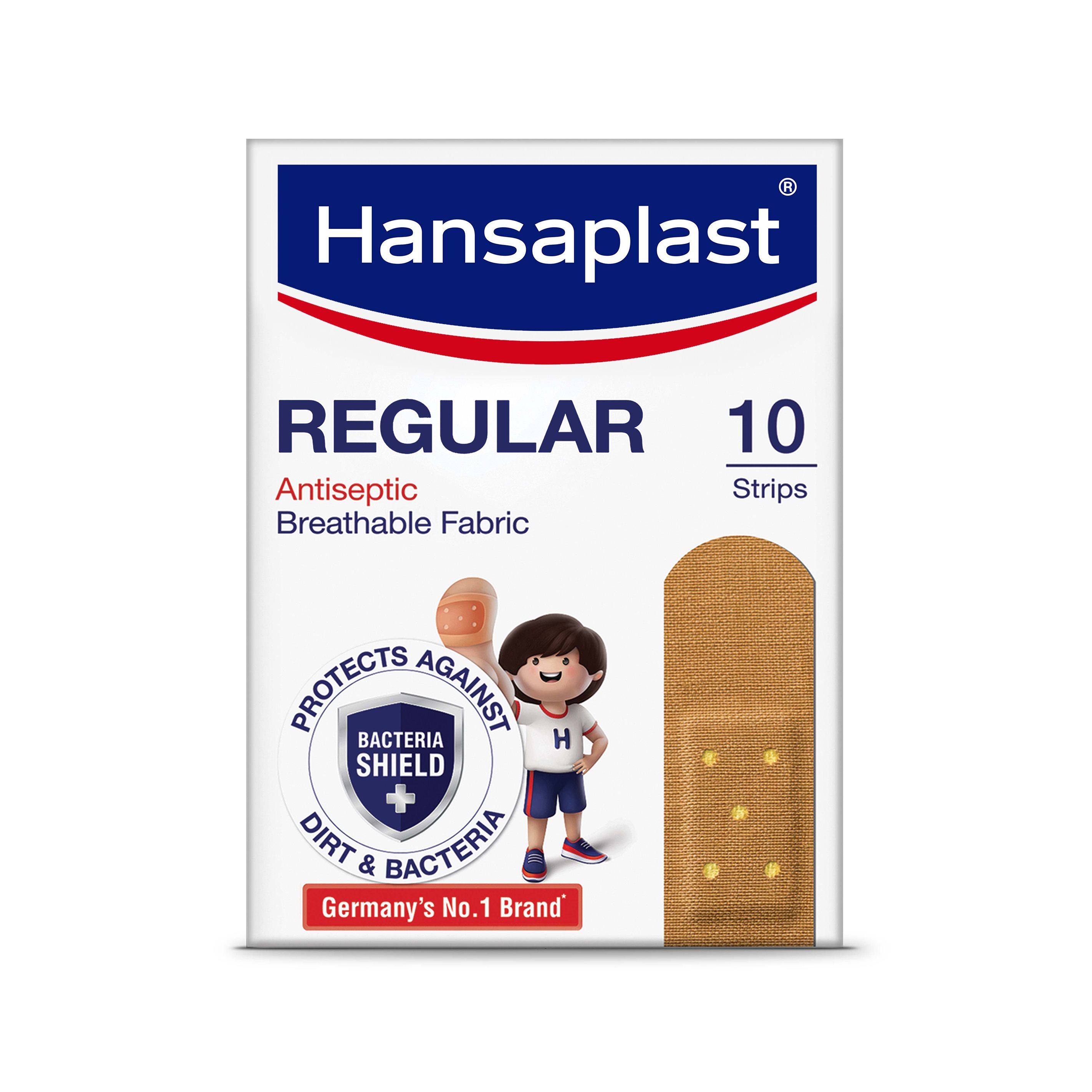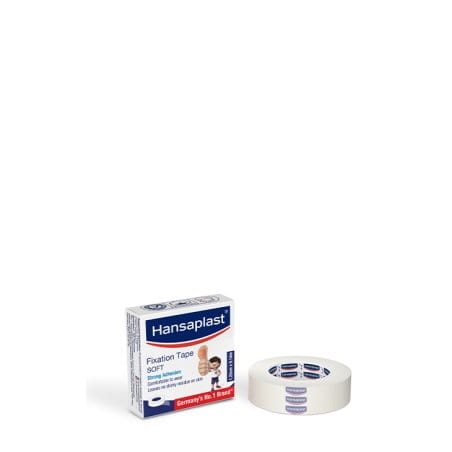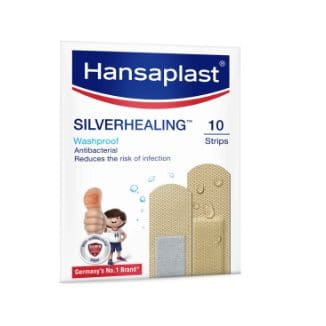First aid is like the superhero of everyday emergencies. It's about knowing what to do when someone's in trouble, whether it's a cut, a burn, or something more serious. Having basic first aid skills can be the line between a bad situation and a manageable one. It's not just about bandages and plasters; it's about being prepared to handle the unexpected, and maybe even save a life.
What is first aid and why is it important?
First aid isn't just for big emergencies; it's like a handy tool you can use in everyday life. Think about all those little accidents that can happen at home: cuts while cooking, burns from hot pans, or slips and falls. Knowing basic first aid means you can handle these situations calmly and quickly.
Then there's the workplace. Even in an office setting, someone might suddenly feel faint or get a minor injury. A first aid introduction or basic knowledge can make you the hero of the office, ready to help out when needed.
Whether you're hiking, playing sports, or camping, accidents can happen. Knowing first aid means you can enjoy your adventures with peace of mind, knowing you're prepared for the unexpected.
And let's not forget about the roads. Whether you're driving or just crossing the street, accidents can happen fast. Having first aid skills could mean the difference between waiting for help and being able to provide it.
Parents, you're superheroes in disguise. From bumps and bruises to more serious situations, knowing first aid can give you the confidence to handle anything that comes your way with your little ones.
So, whether you're at home, work, out and about, or looking after your family, first aid is your secret weapon for staying safe and being prepared.
Why are first aid kits important?
First aid kits may seem like simple boxes of bandages, but they're actually like mini lifelines in emergencies. Here's why they're so crucial:
- Essential supplies
A good first aid kit should have all the basics: bandages for cuts and scrapes, antiseptic wipes to clean wounds, adhesive tape to hold things together, scissors for cutting, and gloves to protect yourself
- Regular maintenance
It's not enough to just have a first aid kit gathering dust in a cupboard. You need to check it regularly to make sure everything's still there and in date. After all, you don't want to be caught without a bandage when you need one.
- Tailored to your needs
Different places and activities call for different first aid kits. For example, a first aid kit for your home might include supplies for common household accidents, while one for your car might focus more on road-related injuries. Tailoring your kit ensures you're prepared for the specific situations you might encounter.
Empowering individuals with first aid knowledge
Imagine being the person who knows exactly what to do when someone needs help. That's the power of first aid knowledge, and it's something everyone can learn.
Why learn first aid?
Knowing even basic first aid means you're ready to step in and help when someone's in trouble. Whether it's a small cut or a more serious situation, your actions could make all the difference.
How to get started?
You don't need to be a doctor to learn first aid. There are lots of ways to pick up the basics:
- Local training programs
Many communities offer first aid courses where you can learn hands-on skills from experienced instructors.
- Online courses
If you prefer to learn at your own pace, there are plenty of online courses available. You can study whenever and wherever suits you.
- Educational materials
Books, videos, and other resources can also help you learn first-aid skills. You might be surprised how much you can pick up from a good book or a helpful video.
Get certified
Once you've learned the basics, why not take it a step further and get certified? Having a formal qualification in first aid can boost your confidence and show others that you're serious about helping in emergencies.
The takeaway
In the hustle and bustle of daily life, it's easy to overlook the significance of first aid. But as we've seen, having even basic first aid knowledge can be a game-changer. So, let's not wait for a crisis to strike. Let's take the initiative to learn first aid, stock up on essential supplies, and be prepared for whatever life throws our way. Together, we can create safer environments for ourselves, our families, and our communities.



.jpg?rx=0&ry=62&rw=1442&rh=317&hash=8E24FD6960A7297FFAD6410CE348607B)